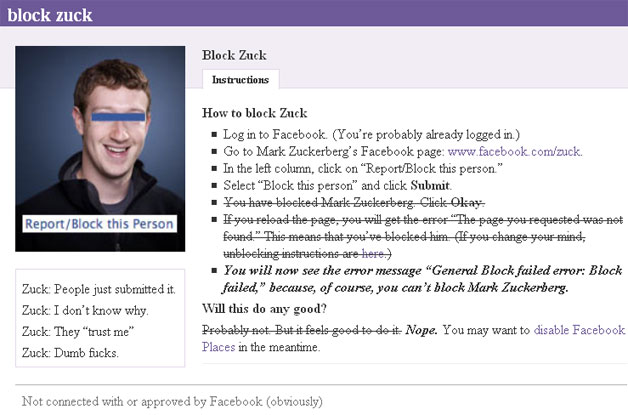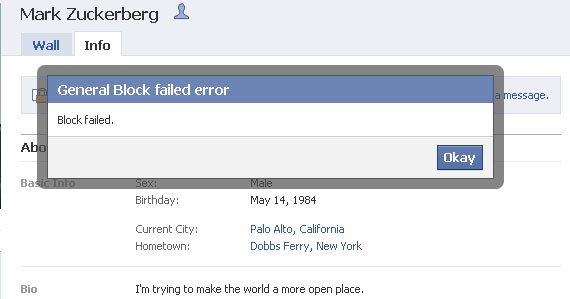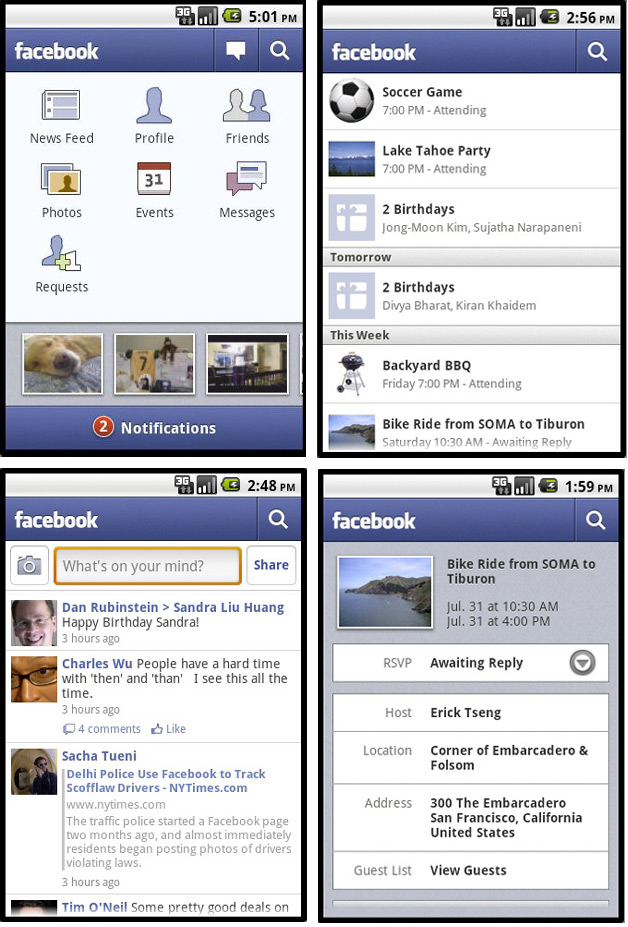Facebook CEO Mark Zuckerberg spoke at the Web 2.0 Summit and faced an interrogation from Tim O’Reilly and John Battelle. He spent a good portion of the discussion talking about the new messaging system announced this week.
He said that Facebook was not looking to build an email product, but more what a "modern messaging system" would be if they started from scratch. "One of the things that is very good to solve with the social graph is spam," he said. "It’s been a classic email problem."
"Email filters of the past ten or fifteen years have gotten very good at filtering out the real junk, so you don’t get a lot of Viagra email anymore, but you do get a lot of random emails from the services you subscribe to…different things that you connect to that you might not be that interested in hearing from," he continued. "And one thing that email can’t do is differentiate between two real people who are both real people sending you legitimate emails, but it can’t differentiate between which one you like more."
While this may sound like he’s basically calling anything that’s not from your Facebook friends spam, it’s worth noting that the new system includes a secondary inbox (between the prioritized one and the actual junk folder) that would hold all of the other legitimate messages, like opt-in messages. He said he expects people to check this secondary inbox at least once a day, while the lower-level folder would hold the actual spam, like those Viagra emails.
O’Reilly pointed out that Gmail’s starting to do the priority filtering stuff with its Priority Inbox feature, to which Zuckerberg replied, "And that stuff is pretty cool…but I mean I think for a long time people have agreed that the real way to solve spam and filtering is you should have a list of the people that you want to hear from, and we could just do that so easily for people, because they have their friends list, their friends have their friends lists…so we can tell not only the people who you communicate with, but who are the people in your network who are likely to be sending you something that’s interesting."
This system does present some possible obstacles for legitimate email marketers, which is one reason I believe we’ll see more businesses utilizing personal Facebook profiles to connect with customers, to gain access into that prioritized inbox. If you’re a friend, you can get in there. However, just as CopyBlogger’s Brian Clark discussed with us, you have to get people to like you, and you probably won’t be their "friend" for long if you just start messaging them with marketing messages.
Of course, we don’t even know what kind of adoption Facebook’s system’s going to see at this point. A lot of people are expressing privacy concerns, and aren’t ready to get that intimate with the social network, but on the other hand, it does have over half a billion users.
"I think a lot of the products that we build have the property that you create social dynamics where people explicitly want to share things with other people, and that ends up being a better way to filter things that you can get through an algorithm," said Zuckerberg.
"Some of the examples of products we’ve launched or worked on recently are good examples of this," he added. "I mean Photos goes back a while. Groups is pretty recent, but they both have this property. If you were to ask people like ten years ago, what would be the best way to take a big set of photos and identify the people in them, most people probably would’ve said you should probably have like a face recognition algorithm or something like that and kind of crunch all the photos, but it turns out that it’s just a lot easier to let people tag their photos of their friends and create a good interface where you have your friends list there and you can do that. It just works really well."
"And the same thing with Groups," he continued. "People have come up with interface[s] where you try to sort people into groups automatically, and we’ve found that…and Groups has been one of our fastest growing products ever…what we’ve found is that it works really well when you can put your friends into a group. I mean one person does manual work, and they do the work for the network. So you get five to ten percent of users putting all their friends into groups and now everyone can use these products for effective small group communication. It’s really cool."
Battelle noted that not everyone likes being put into groups, and that Facebook seems to have a strategy of asking for forgiveness rather than permission, meaning the company basically does what it wants, then if people don’t like it, they apologize, make the necessary adjustments and move on.
"Our view is that the friend relationship is meaningful," Zuckerberg responded. "That’s the whole point of having a bi-directional relationship instead of a one way follow model. It’s a confirmed thing. I mean, we’re friends. In this graph what that means is that you now have the right to do certain things. You can post on my page. You can tag me in photos. Now – filtering in my inbox is sort of on that too, because now any of your friends can send a message that goes to my inbox, so that’s really how we look at it."
In the sixty-five minute discussion, Zuckerberg talks about a lot of other things, including the whole data exportation and tiff with Google’s that’s been dominating the tech headlines of late. Watch it above.
 Barton then added, "Facebook’s popularity has made it a leader in innovation and we hope they will also be a leader in privacy protection. The computer – especially with sites like Facebook – is now a virtual front door to your house allowing people access to your personal information. You deserve to look through the peep hole and decide who you are letting in."
Barton then added, "Facebook’s popularity has made it a leader in innovation and we hope they will also be a leader in privacy protection. The computer – especially with sites like Facebook – is now a virtual front door to your house allowing people access to your personal information. You deserve to look through the peep hole and decide who you are letting in."

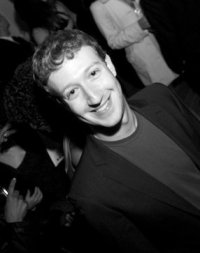 Zuckerberg reasoned in a statement, "People wait until late in their career to give back. But why wait when there is so much to be done? With a generation of younger folks who have thrived on the success of their companies, there is a big opportunity for many of us to give back earlier in our lifetime and see the impact of our philanthropic efforts."
Zuckerberg reasoned in a statement, "People wait until late in their career to give back. But why wait when there is so much to be done? With a generation of younger folks who have thrived on the success of their companies, there is a big opportunity for many of us to give back earlier in our lifetime and see the impact of our philanthropic efforts."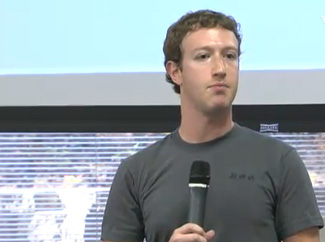 The new Applications You Use Dashboard looks at all the apps you use and shows the last time they accessed data that you allowed them to access. It also lets you change the permissions or revoke them from there if you want.
The new Applications You Use Dashboard looks at all the apps you use and shows the last time they accessed data that you allowed them to access. It also lets you change the permissions or revoke them from there if you want. 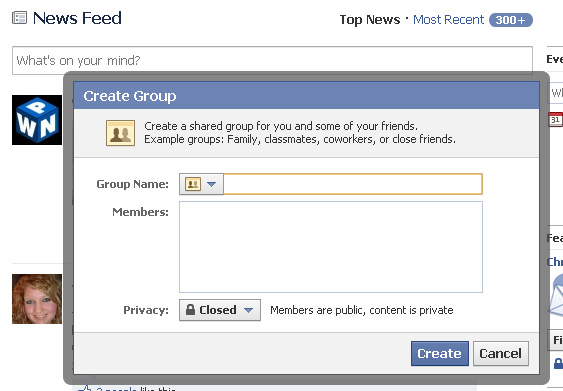
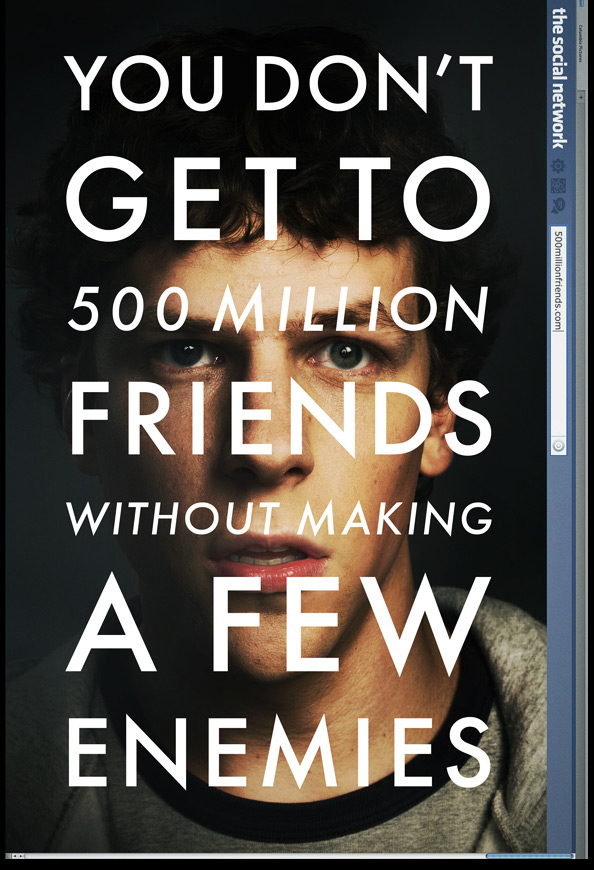
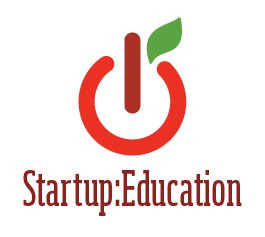 "I’m excited to start this new project," he says. "I’ve been very lucky to have the education and opportunities I’ve had in my life and I look forwarding to participating in giving the 40,000+ students in Newark the same opportunities. Together, we can support a bold and thoughtful program for improving education, starting by making Newark a symbol of excellence."
"I’m excited to start this new project," he says. "I’ve been very lucky to have the education and opportunities I’ve had in my life and I look forwarding to participating in giving the 40,000+ students in Newark the same opportunities. Together, we can support a bold and thoughtful program for improving education, starting by making Newark a symbol of excellence." 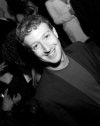 About Facebook and phones, Zuckerberg, while not getting too specific about actual deals with manufacturers and carriers, gave an overview of the company’s mobile strategy in
About Facebook and phones, Zuckerberg, while not getting too specific about actual deals with manufacturers and carriers, gave an overview of the company’s mobile strategy in 